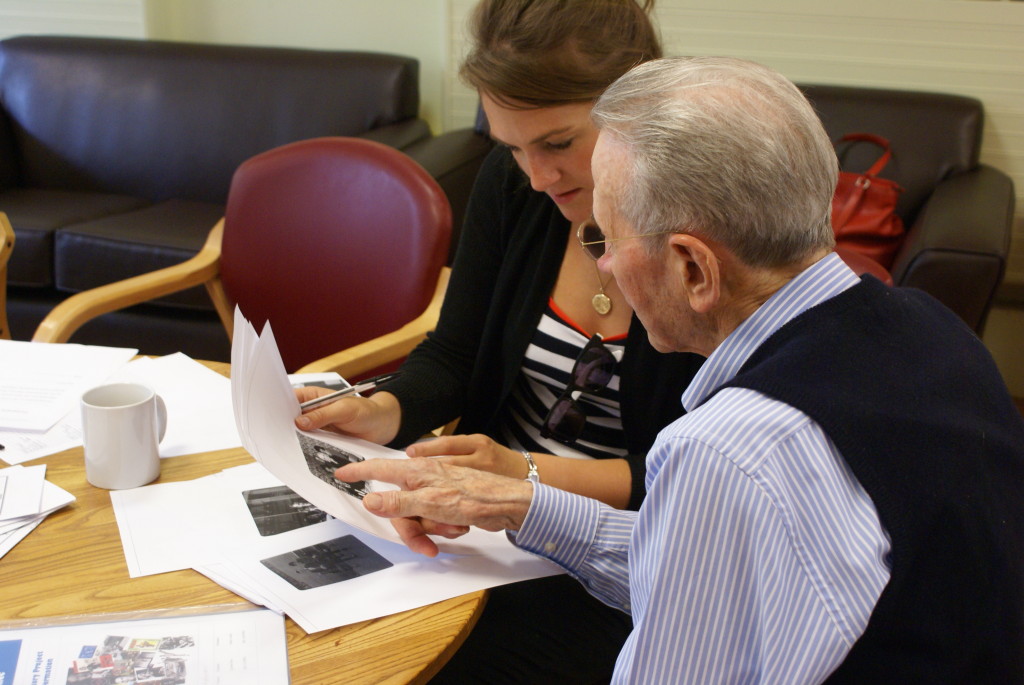Arriving with 400 other attendees at People Helping People: The Future of Public Services, hosted yesterday by Nesta and the Cabinet Office, I wasn’t expecting the event to make national headlines the following morning. Yet The Guardian, The Independent and The Telegraph have all highlighted controversial comments made by Brooks Newmark, the new Minister for Civil Society, in his first speech as Minister.
Despite the controversy, the majority of the heavily over-subscribed event focussed on the partnership between Nesta and the Cabinet Office’s Centre for Social Action that currently supports dozens of innovative social action programmes across the UK.
Many of those programmes already work with university students, and the importance of this was reinforced by Charlie Leadbeater, Chair of the Centre for Social Action Innovation Fund, who said, “Universities should be at the centre of communities, with thousands of students taking action.” As I explored the ‘Innovation Zone’ of social action programmes supported by the Centre for Social Action and Nesta, I became even more certain of the value of our work at Student Hubs in enabling university students to engage with a huge range of causes.
Take Code Club for example: volunteers at Imperial Hub have been volunteering at Code Clubs in London for the last two years and it’s been fantastic to find a programme that attracts the “unusual suspects”. 95% of the Code Club volunteers at Imperial are male, and most have never volunteered before. Clare Sutcliffe, Code Club’s co-founder, says there are over 700 schools across the country that want to start Code Clubs. We’re hoping to recruit volunteers from our nine other Hubs this year to help them achieve their goal.

It was also great to hear about the work of Dementia Friends who are driving a culture change in how society responds to dementia now that there are over 800,000 people living with dementia in the UK. With Oxford Hub and Imperial Hub already running intergenerational social action projects alongside organisations like Age UK and plans to expand that work in other Hubs, we’re certain that hundreds of our students would benefit from attending one of their interactive sessions to become a Dementia Friend.
There were plenty of education programmes represented as well, including Action Tutoring, Team Up, The Access Project, IntoUniversity and the Reading Agency. In a workshop on how social action is helping children excel, I was part of an interesting discussion on the challenges of scaling up and working in partnership with schools. I was able to share stories from our very own Schools Plus programme that now enables over 600 volunteers at six universities to improve local pupils’ knowledge, confidence and interest in their studies.
Both the statistics and the stories throughout the day illustrated the importance of university students in the UK social action movement. This report from Ipsos MORI’s Social Research Institute showed that young people are more likely to volunteer than other age groups, and Kim, a City Year volunteer, spoke on behalf of her peers who have completed a year of social action, saying “we are empowered young citizens”. Student Hubs is lucky enough to work with graduates who are on the Worthwhile Graduate Scheme, so we know first hand the impact that these structured programmes can have on both individuals and organisations.
In one workshop I sat next to someone who turned out to be an Oxford Hub alumnus. Having been involved in the Food Justice project at Oxford Hub in 2009, she then went on to work for a range of other social action organisations and is now a National Management Trainee at Enfield Council. It just goes to show that getting involved at university can kickstart the unique social action journey of any student.
To me, yesterday represented the dynamism and variety of social action programmes transforming the UK today and the value that university students can bring to those programmes. Leadbeater summed up his address yesterday by saying, “social action is not a transaction – it’s more like organising a party”. And who better to invite to that party than students?
To view all the speaker and workshop presentations from the event, click here.
